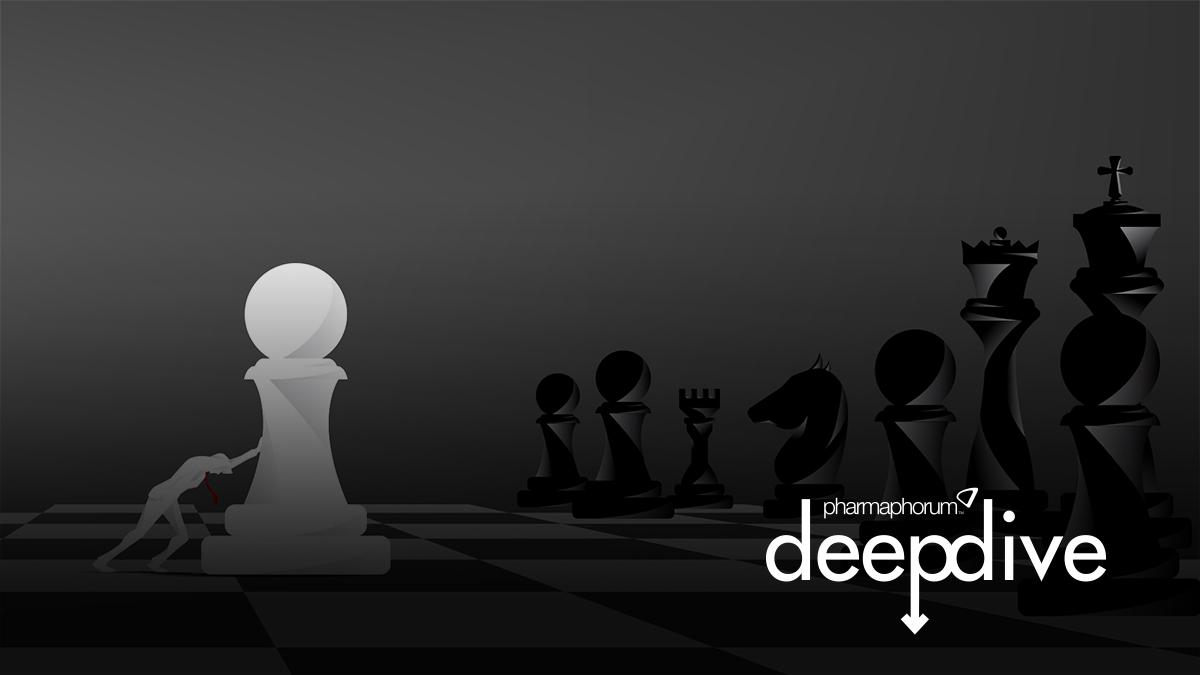The biosimilars dance: How drugmakers game the US patent system

When the primary patent on a blockbuster drug expires, affordable generic or biosimilar competition is expected to balance the market, offering relief to patients who could not afford the high price tag associated with the brand-name drug.
However, in reality, this is not always the case.
Major pharma companies use an extensive array of legal manoeuvres to keep competition at bay for years, if not decades, after the first licensure expires. These “patent games” come in many forms, each contributing to the stunted growth seen in the US biosimilars market, compared to its international counterparts.
According to The Initiative for Medicines, Access & Knowledge (I-MAK), three drugs – Humira, Eliquis, and Enbrel – launched in Europe an average of 7.7 years before their belated US entries, costing American patients an estimated $167 billion during that competition gap.
While generics manufacturers are well prepared to navigate the challenges involved in getting copycat drugs from approval to patients, in the growing biologics space, the path to market is far more complicated for biosimilars.
As more blockbuster biologics start facing patent expirations, Pharma’s efforts to protect their exclusive pricing power are coming under heightened scrutiny.
• Read the full article in pharmaphorum's Deep Dive digital magazine













